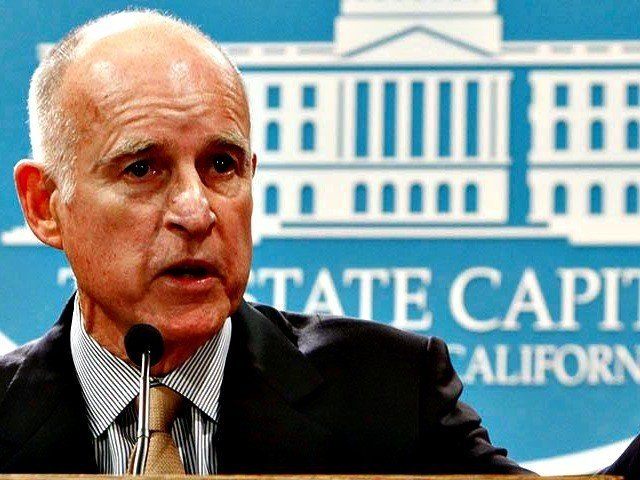Gov. Jerry Brown has decided to avoid another legislative fight over his desire to cut petroleum use 50 percent by 2030, instead choosing to attain his goal by inserting a provision into the state budget.
The budget Brown submitted in January plans to spend one-third of the state’s cap-and-trade funds on public transit, while supporting electric vehicles and other alternative programs, all to the tune of roughly $1 billion, according to the Los Angeles Times. The funds have been drawn from auctioning pollution credits to companies that emit greenhouse gases.
Brown and oil companies went to war in 2015 over SB 350, which wound up requiring the state to generate half of its electricity from renewable sources by 2030 and double energy efficiency in homes, offices, and factories. But the original bill’s proposal to cut gasoline use in half was removed from the bill as oil companies and some Democrats friendly to business balked at the proposal.
H.D. Palmer, a spokesman for Brown’s Department of Finance, told the Times, “If you’re not successful on the first go-round, it doesn’t mean you abandon your principles.” He added, “There are a variety of ways that you can achieve that, and the budget plan continues the efforts to move us toward that goal.”
Brown’s plan includes spending an extra $400 million of cap-and-trade funds on mass transit, six times what has been spent previously; $500 million will be targeted at electric vehicles and low-carbon fuels.
The Western States Petroleum Association stated, “If the governor is going to push these expenditures forward, he will need to demonstrate to the Legislature, and the people of California, how proposed spending can dramatically reduce greenhouse gas emissions.”
One drawback exists for Brown in evading legislative action: his plan can be jettisoned once he leaves office in 2018. Senate President Pro Tem Kevin de León (D-Los Angeles) told the Times, “I do remain of the strong belief that [defining petroleum targets] statutorily is the best way to do it.”
But Kathryn Phillips of Sierra Club California, while acknowledging that “it’s not the same as a mandate,” still cheered the move, arguing, “The administration is pressing forward with what they can do at this point, but everything they’re doing is essentially consistent with that goal.”

COMMENTS
Please let us know if you're having issues with commenting.